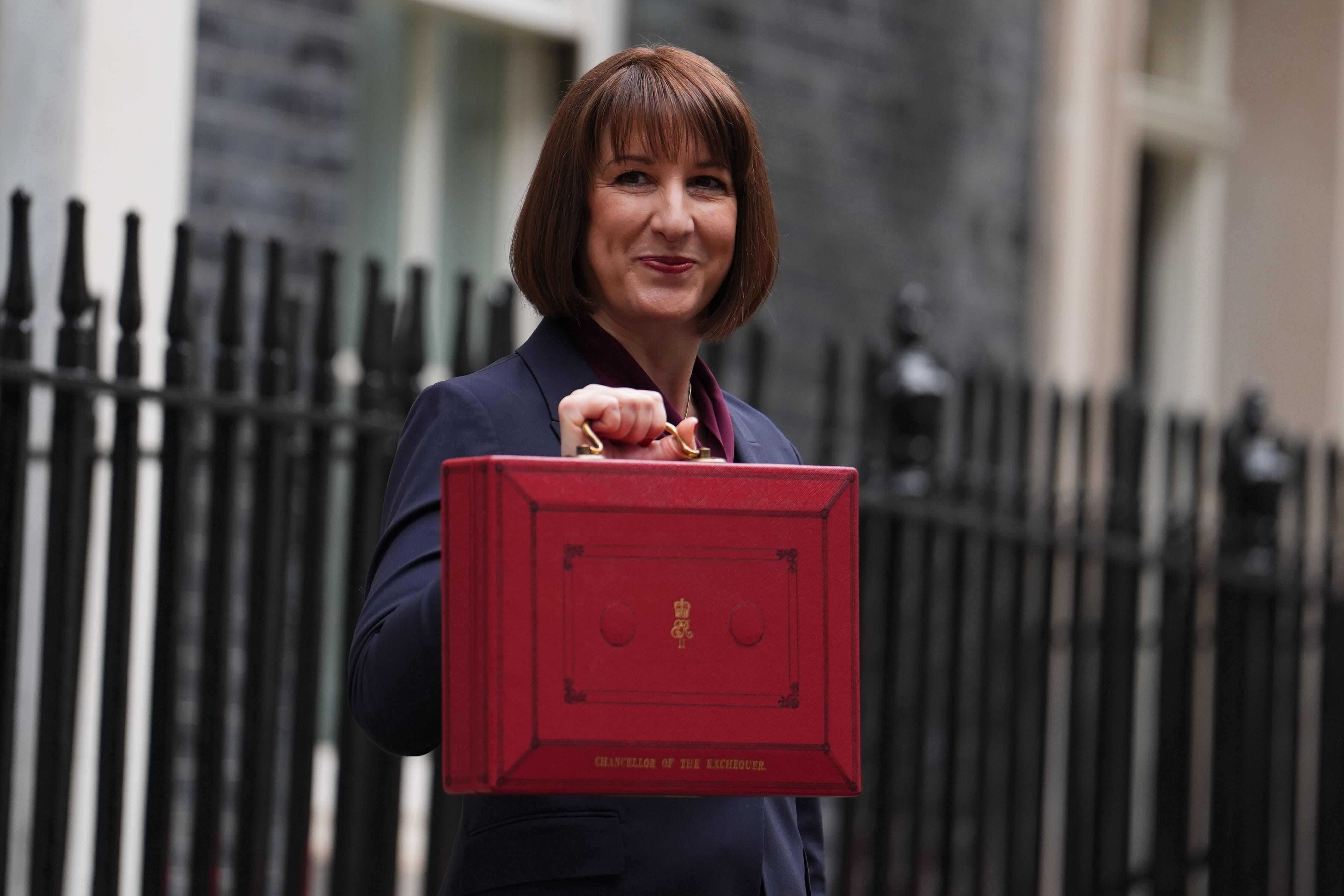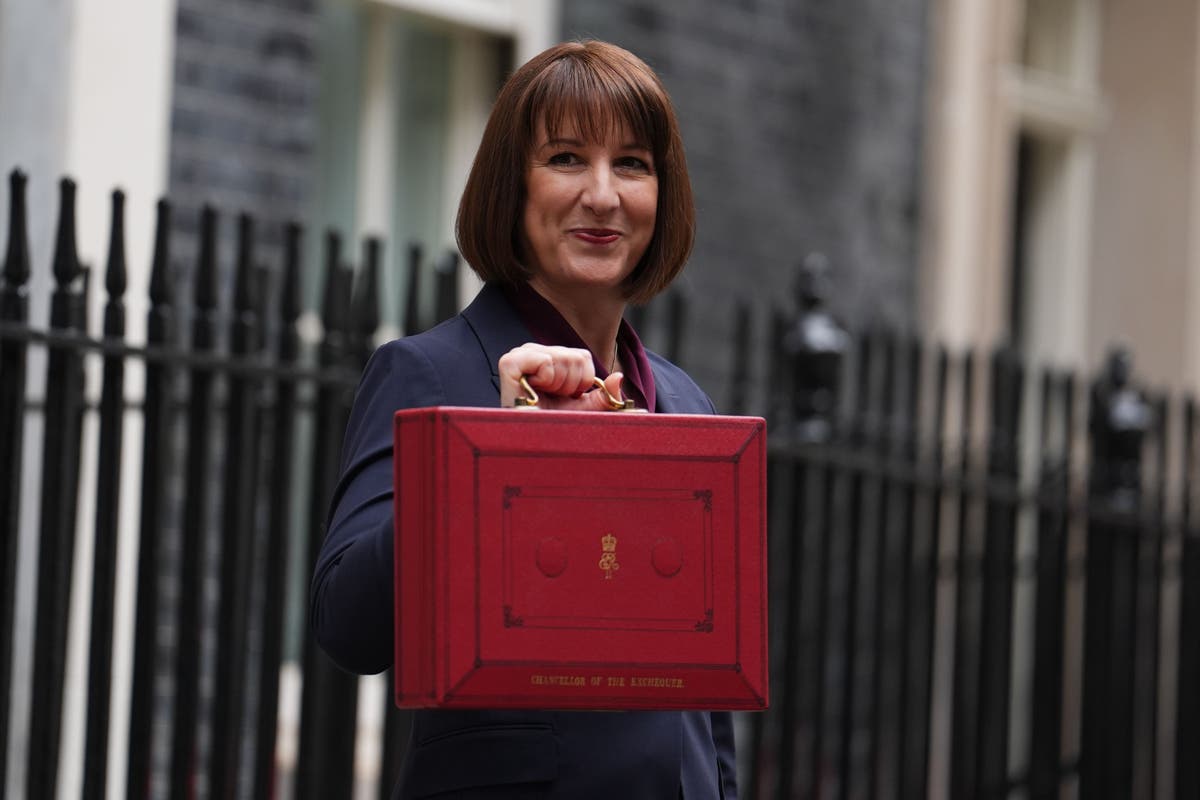Rachel Reeves has given her top official at the Treasury a vote of confidence amid a row over whether the cover-up of a £22 billion black hole in government finances broke the law.
The suggestion over illegality during Jeremy Hunt’s tenure as chancellor was made by Richard Hughes, the chief executive of the Office for Budget Responsibility (OBR), yesterday.
While criticism has been focused on the previous Tory government, questions are also being asked about the role of Treasury officials in the alleged cover-up.

Treasury permanent secretary James Bowler was also the most senior official for Mr Hunt and would have had a duty to advise him if what he was doing was illegal.
Mr Bowler, who sat next to Ms Reeves today in front of the Treasury select committee, took the opportunity to defend his department’s actions for the previous government. He tld MPs that the methodology had changed from “a top down approach to a bottom up approach” which provided more accurate figures.
On allegations of acting illegally, he said: “I am clear the treasury did act within the law. The law is about what the OBR has a right to ask for rather than what we needed to provide them.”
He noted the picture had been complicated because the last Tory Budget was coming in the last year of the spending review.
Asked ahead of the hearing this afternoon whether the chancellor “has confidence in her permanent secretary” after the claims by the OBR, a source close to her said: “Yes.”
Downing Street has also defended officials, noting that “politicians decide and officials advise”.
The Tories have denied there was a £22 billion black hole and a cover-up, but the OBR said it identified £9.5 billion which would have made “a material difference” to its predictions in the spring when Mr Hunt delivered his last Budget.
Asked later in the session yesterday if he thought the Treasury had broken the law, Mr Hughes said: “They didn’t provide all of the information that we required to do our forecast.
“Now, there is always information that is relevant to the work that we do, which we would like to have. In this case, this was a material amount of information, which would have led to a materially different forecast had we had it.”
He said that there had been a “systemic failure” in the last forecast, and that there may “have been a misunderstanding” of how the law ought to be interpreted.
Asked if Downing Street thought Tory ministers had withheld information, Sir Keir Starmer’s spokesperson said: “At the Budget last week, the OBR published a review of the issues surrounding the £22bn black hole and how it came about, and the government has accepted all the recommendations made by the OBR, including recommendations around the previous processes being too informal.
“Now, obviously I can’t speak to previous administrations. But the general principle is that officials’ engagement with institutions like the OBR is obviously on the basis of ministerial policy positions. And you’ve got the chancellor’s previous words that, in the end, civil servants advise, and ministers decide.”


